As I muse over my experiences at the AIPAC 2016 Policy Conference, the thought occurs to me that one’s first AIPAC is something like a first visit to a mikvah – a totally immersive Jewish experience. As I write these words at 7:30 a.m. in the press box of the Verizon Center, waiting for Hillary Clinton to take the stage, a man in a tallis and tefillin is davening in the row below me, a journalist from Israel is watching an American movie with Hebrew subtitles on his laptop, and the “kiss-cam” is searching out affectionate couples of various ages, all of them willing to smooch as 18,000 of their fellow Jews watch on the Jumbotrons.
Fortress AIPAC. Any event that draws so many Jews and a long list of political celebrities inevitably will attract the attention of bad people with evil motives. AIPAC, however, is a hardened target. A scannable security pass is required to enter the headquarters hotel, the adjoining Washington Convention Center, and the Verizon Center, venue for the general sessions and home of the Washington Capitals basketball team. Throughout the conference, all these are off-limits to members of the public. Streets are blocked off, police vehicles with flashing lights are parked around the perimeter, and bomb-sniffing dogs nosed the equipment of every television crew. (As a member of what the AIPAC press staff calls “the pencil press,” however, I noticed that the beautiful German shepherd at the Secret Service checkpoint was too busy with his chew-toy to pay any attention to a mere scribbler.) The place is so secure that I was wholly unaware of the demonstrations going on outside until one of the speakers happened to mention them.
Politesse. In anticipation of the Trump appearance, much talked about on the convention floor, participants were constantly reminded to be nice. Good manners were in evidence, for example, when two ladies were crossing to the Convention and Center and said to the crossing guard: “Thank you for your service.” Inside the “Village,” the meeting, greeting and eating hall that served as the center of gravity, a young African-American staff member greeted everyone who entered; if you wore a kipah, he said: “Shalom!” Every break-out session was preceded by a caution to the audience: “We welcome all of our speakers with courtesy and respect.” At the first general session, no fewer than six members of the clergy – three rabbis and three Christian pastors – took the stage at the same time to urge everyone to mind their manners. At one break-out session that I attended, the speaker – AIPAC security expert Jonathan Harris – briefed his audience on the fine points of the new geopolitical map of the Middle East. One attendee asked him if he would comment on the positions of the various presidential candidates on the issues Harris had raised. “That’s the easiest question I’ve been asked today,” he said. “No.” Neither he nor the questioner mentioned Trump in particular, but no one needed to.
The Future Is Now. Among the 18,700 men and women attending the 2016 Policy Conference, some 4,000 were “campus activists,” a fact that was much in evidence throughout the event. A campus activist introduced every breakout session I attended. They were introduced en masse at the first general session and earned a spirited round of applause from a crowd that applauded everybody and everything but unmistakably indicated its pleasure or displeasure through the volume and length of its ovations. While there was also plenty of silver hair at AIPAC, I sensed the demographic actually skewed sharply to the younger side. I noticed a lot of group selfies being taken by these high-spirited, self-assured and good-looking kids. More than one speaker, including Democratic president candidate Hillary Clinton, paused to note that the success of AIPAC can be measured by its annual increase in attendance, but the future of AIPAC is assured by the young people who join its ranks.
Everyone But Bernie Sanders Was There. AIPAC is a great in-gathering attended every year by Jews (and quite a few non-Jews, too, as AIPAC is quick to point out) from all over the world. To be sure, the whole point is to show solidarity in support of Israel, but it is significant that the vast hall where the meeting and greeting took place has been officially dubbed “the Village.” Against 18,000-to-one odds, I ran into a friend from L.A. who took the opportunity to explain why she hadn’t been able to come to our Chanukah party last December. I shmoozed with my office landlord. I shook the hand of Michael Oren, who was one of my favorite authors long before he served as Israel’s ambassador to the United States. I spotted Dan Meridor, a political prince of the Likud party, on the down escalator as I was going up and, the next day, I saw Isaac “Buji” Herzog, the leader of Israel’s Labor Party, a man whose lineage is no less exalted. Prime Minister Benjamin Netanyahu was conspicuous by his physical absence. (Truth be told, however, since everyone in the hall watched the speakers on the big screens, his appearance by satellite was indistinguishable from a live address.)
Coats of Many Colors. One measure of AIPAC’s superb organizational skills is the pervasive use of color-coding. A blue shirt signified one of the thousands of attentive volunteers who staffed every corner and corridor of the convention hall. Their supervisors wore red shirts. Every attendee wore his or her all-important security badge on a lanyard whose color was rich with significance. Ordinary delegates wore a plain white lanyard, but if your lanyard was yellow (signifying a more expensive membership in the so-called Washington Club) or blue (Senate Club), many more doors were open to you. If your lanyard is red (Minyan Club), you are recognized as major donor, and you get the best seat in the house. The lanyard issued to members of the press, by the way, was hot pink, perhaps to make it easier for the doorkeepers at break-out events that were inexplicably “off the record” and thus barred to reporters.
The Bright Side. Much well-intentioned effort was expended to point out bright side of the Zionist dream. Every general session started with a kind of live infomercial called “Israeli Innovation Showcase,” which featured success stories of various young Israeli entrepreneurs who have put high technology in service of Tikkun Olam. One pair of inventors showed off a camera that can be attached to a smartphone and used to administer online, real-time cervical exams to women in places where no doctor is available. Rather than demonstrate with a real human cervix, the interviewer delicately pointed out, one of the inventors made a fist and the other one examined it while we all watched on the mammoth high-def screens around the hall. It was one of many feel-good moments that characterize the programming at AIPAC 2016, if only to offset the dire security issues that are on everyone’s mind all the time.
The 800-Pound Gorilla. The subtext of every speech, every panel and every event at AIPAC was unmistakable – the existential threat Israel faces, and the role of the United States as an ally. (The prospect of making peace with the Palestinians, by contrast, was treated mostly as a matter of irony and nostalgia rather than a problem that can be solved; whenever the phrase “two-state solution” was mentioned, the applause meter barely registered a response.) And, while much was said about Hamas and Hezbollah, ISIS and Al-Qaeda, and the various Arab states that are either at risk of failure or already there, the focus of anxiety remains on Iran. Vice President Biden found this out for himself when he addressed one of the general sessions, drawing an enthusiastic ovation when he jogged up to the podium, but only a smattering of polite applause when he tried to make the case that the Iran nuclear deal was a good one. Biden and everyone else who addressed the general sessions said what AIPAC members wanted to hear: “We have always shared an unshakable commitment to our alliance, and to Israel’s survival and security as a democratic homeland for the Jewish people,” Clinton insisted. “Israel’s security is non-negotiable.” But, as the most devoted members headed to Capitol Hill for the face-to-face advocacy that is the essential mission of AIPAC, surely many of them are worrying that the fracturing of American politics is so severe that even what once seemed unshakeable no longer stands on solid ground.
Jonathan Kirsch is the book editor of the Jewish Journal.








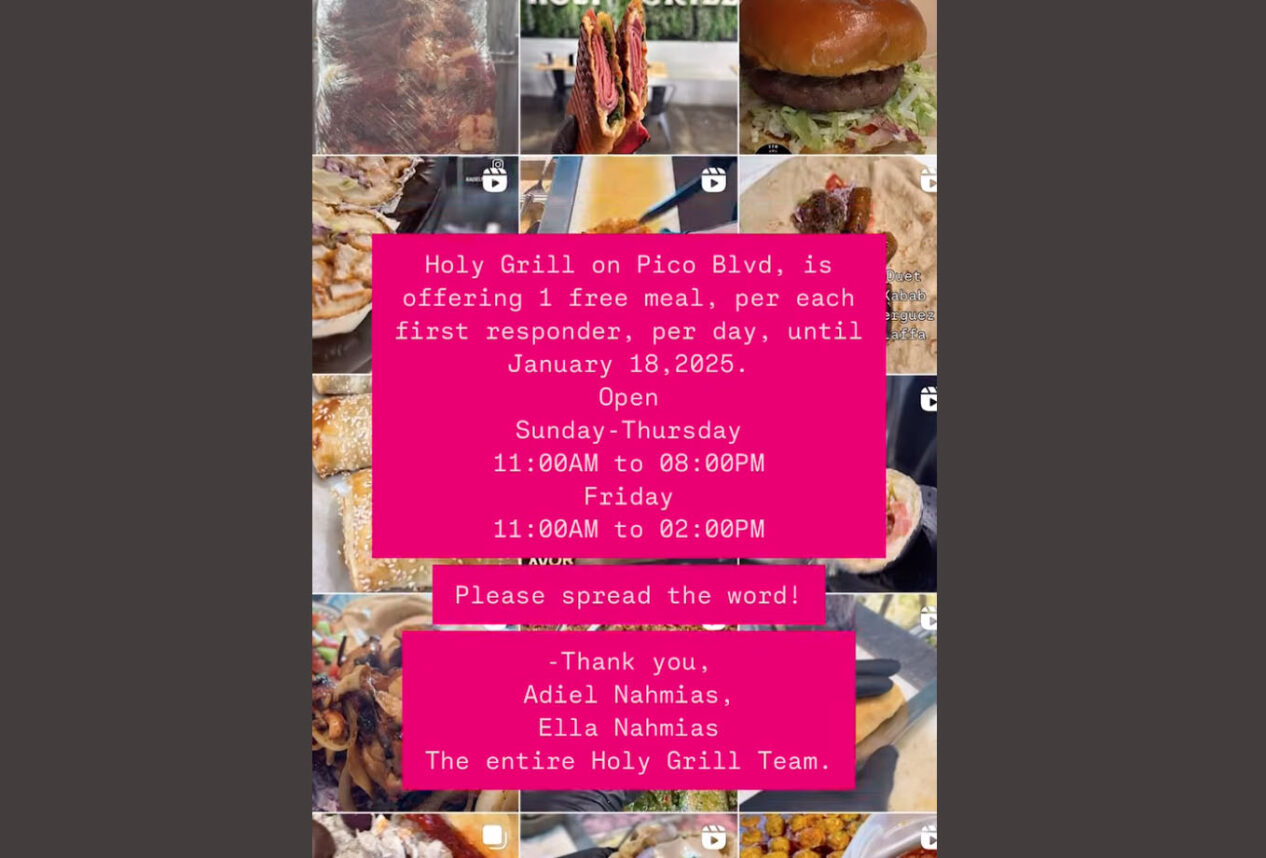

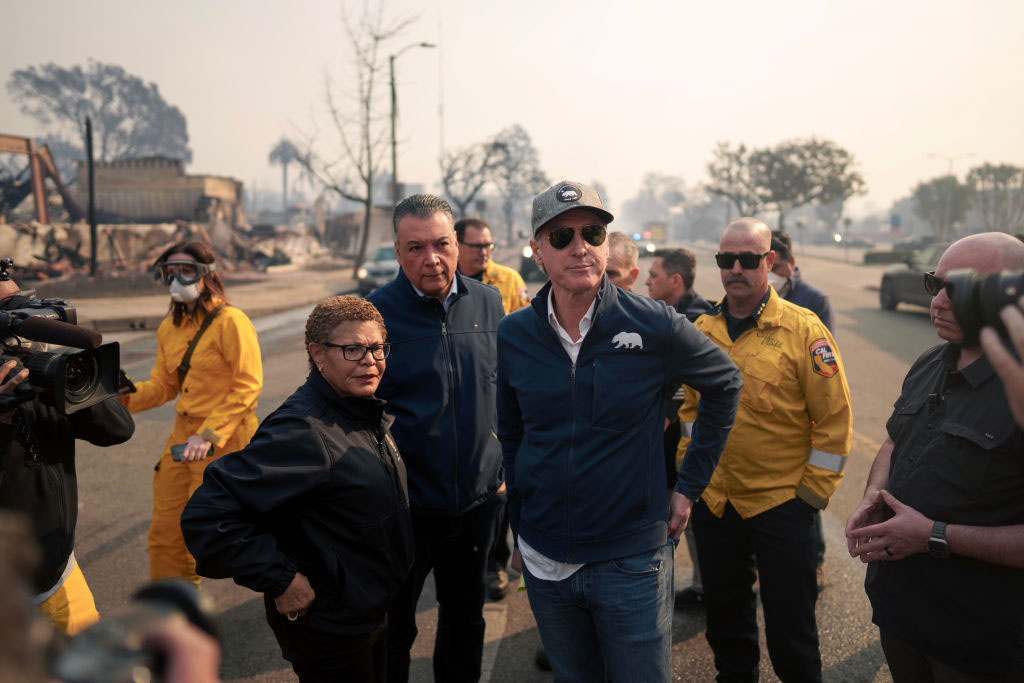

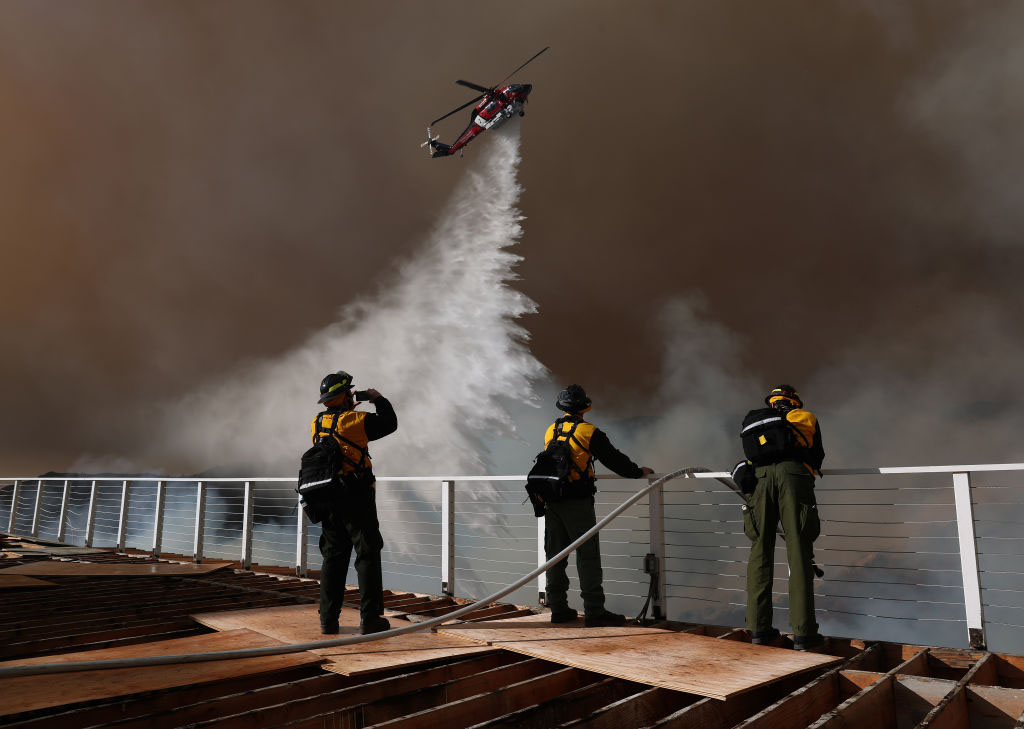
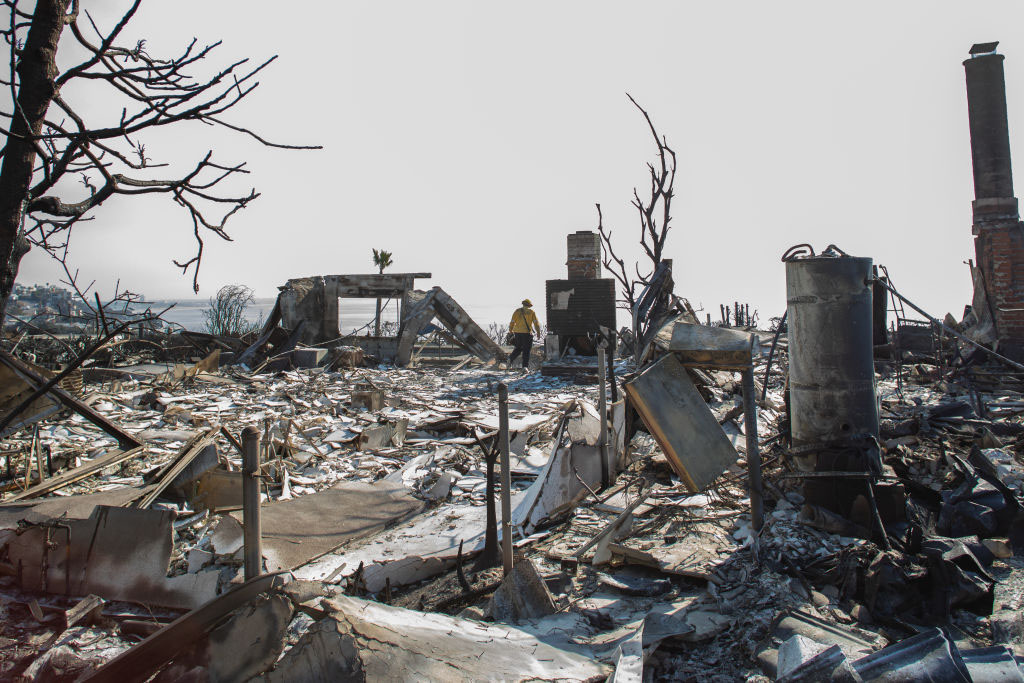
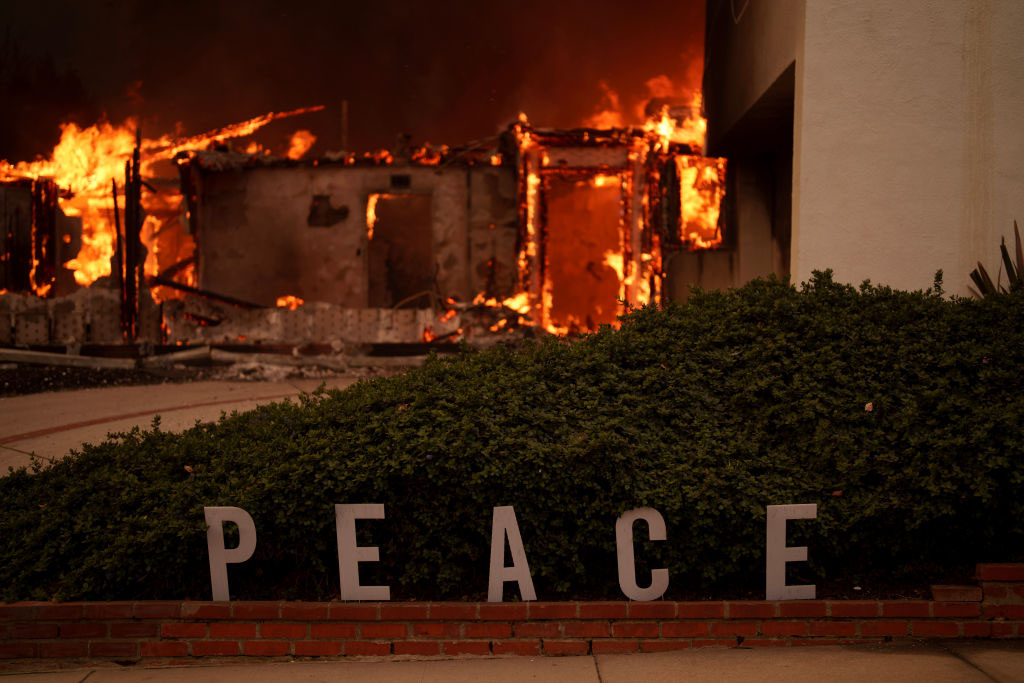
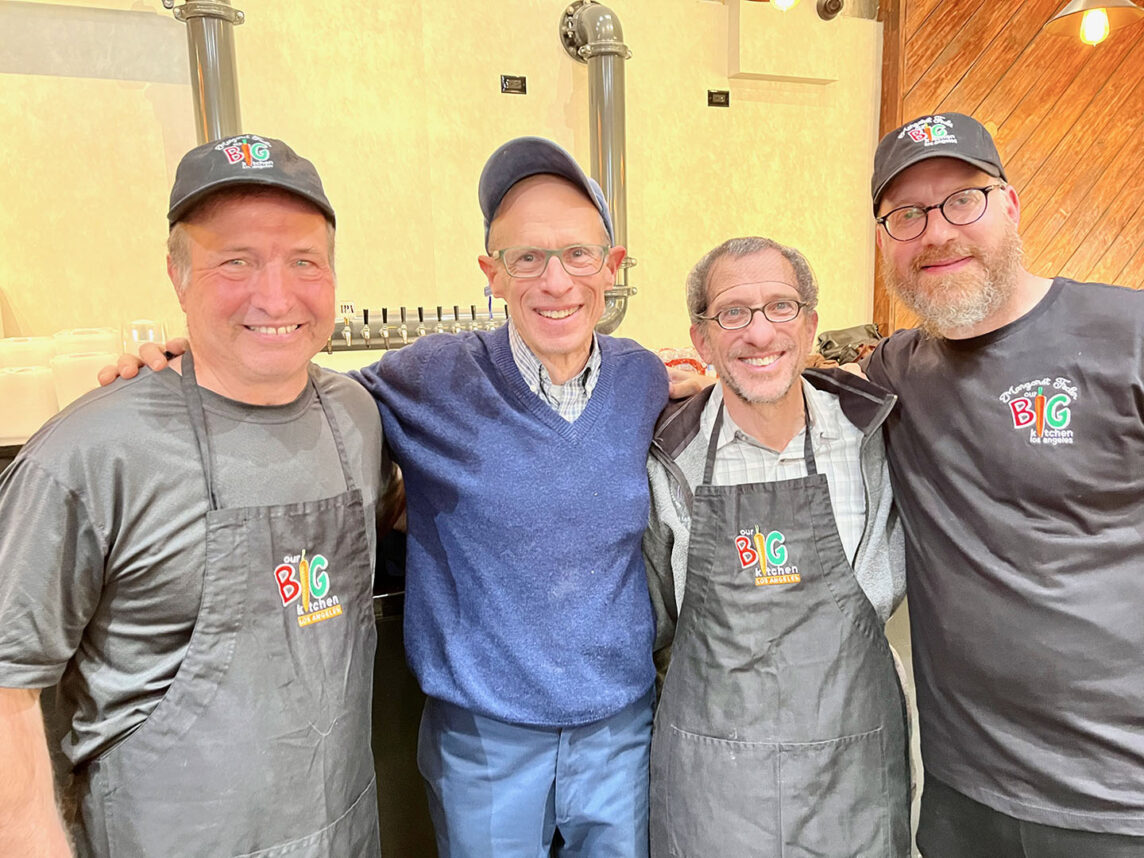
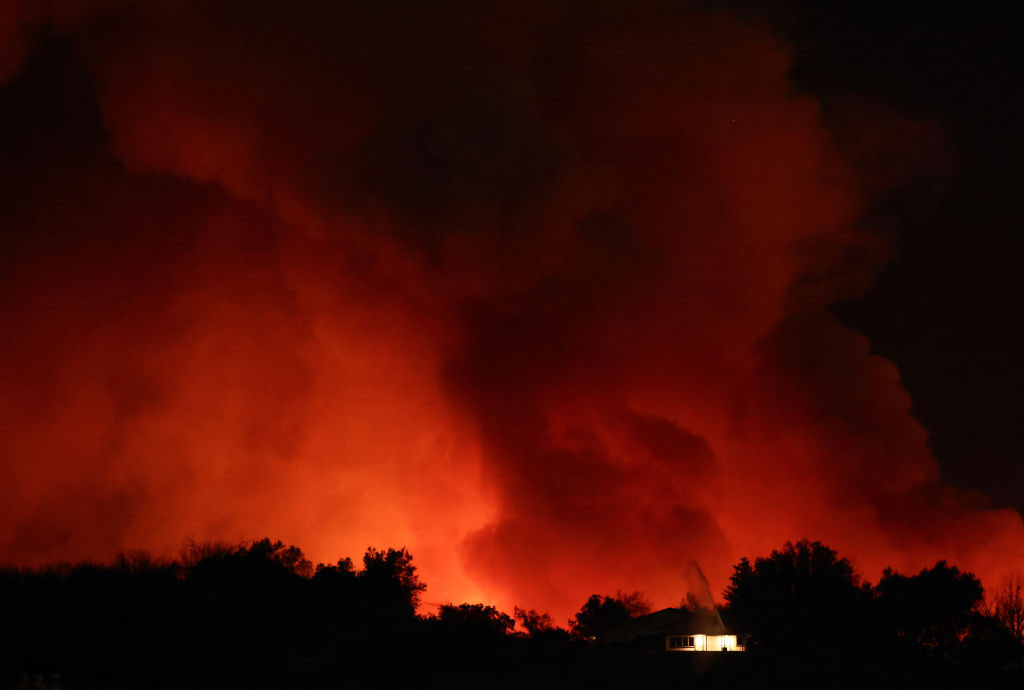




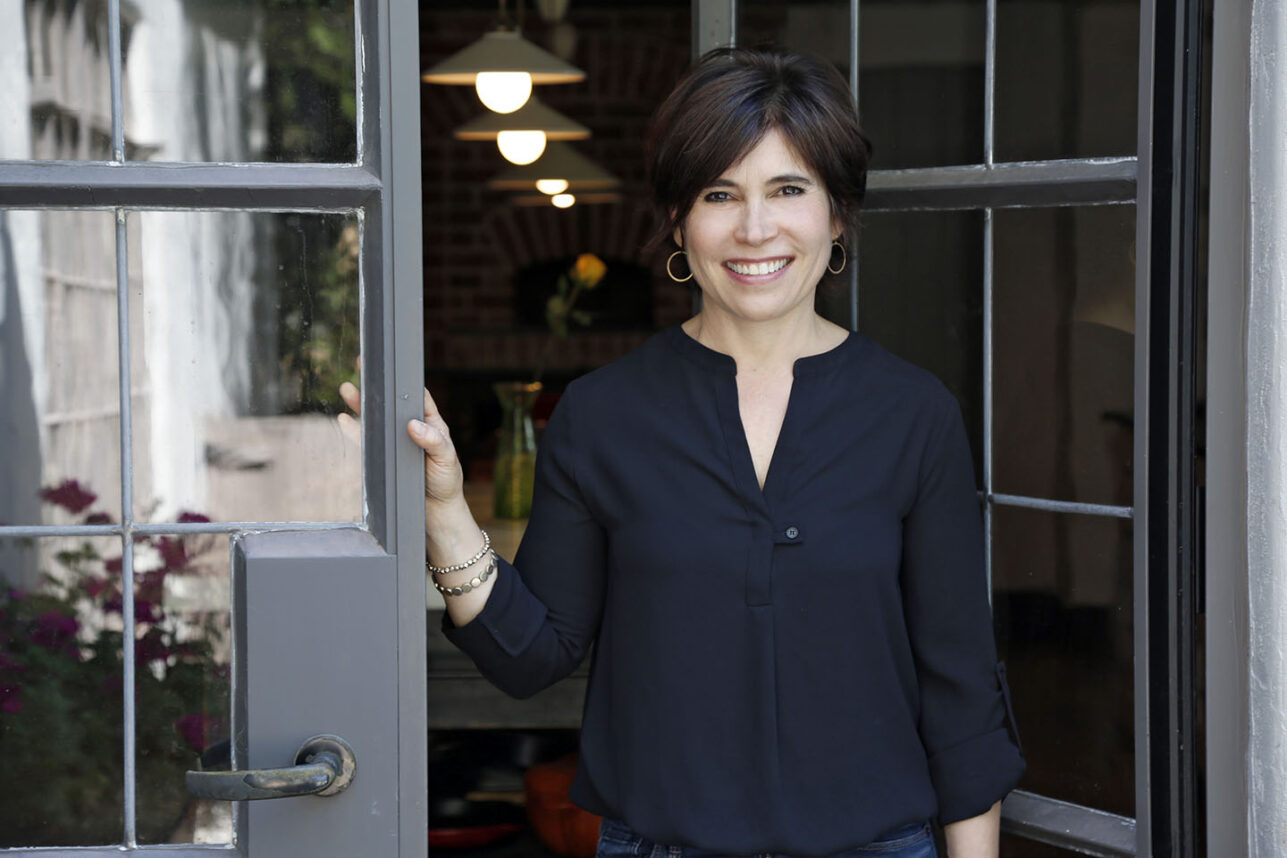


 More news and opinions than at a Shabbat dinner, right in your inbox.
More news and opinions than at a Shabbat dinner, right in your inbox.